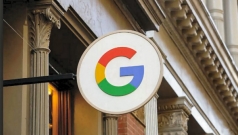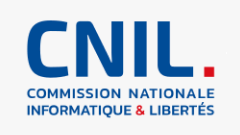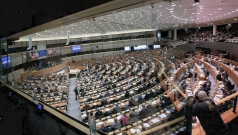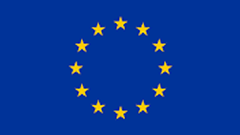In a 348 to 274 vote taken Tuesday, the European Parliament (EP) passed a revised version of the proposed EU Copyright in the Digital Single Market Directive and sent it on to the Council of Europe for approval by Council representatives.
The EP in a media release stated the objective of the legislation as follows:
"The deal aims at enhancing rights holders’ chances, notably musicians, performers and script authors, as well as news publishers, to negotiate better remuneration deals for the use of their works featured on internet platforms."
but also noted that:
"Uploading protected works for purposes of quotation, criticism, review, caricature, parody or pastiche has been protected, ensuring that memes and Gifs will continue to be available and shareable on online platforms."
Rapporteur (person who presented the draft Directive to the EP) Axel Voss of Germany said:
“This deal is an important step towards correcting a situation which has allowed a few companies to earn huge sums of money without properly remunerating the thousands of creatives and journalists whose work they depend on...This is a deal which protects people’s living, safeguards democracy by defending a diverse media landscape, entrenches freedom of expression, and encourages start-ups and technological development. It helps make the internet ready for the future, a space which benefits everyone, not only a powerful few.”
Changes from previous drafts to the approved version of the Directive include:
- Material posted in a non-commercial way to online encyclopedias and open-source software platforms would be exempt.
- "Start-up platforms will be subject to lighter obligations than more established ones."
A Google spokesperson said in a statement that the version of the law passed by the EU Parliament is an improvement over previous drafts but will still damage creative industries, and that
"...we look forward to working with policy makers, publishers, creators and rights holders as EU member states move to implement these new rules."
A Twitter spokesperson expressed concern about the potential impact of the Directive on the Internet and said:
"We will continue to engage with EU member states and civil society as the implementation process evolves."
European tech company association EDiMa said in a media release Tuesday:
"Although we acknowledge the final text has improved significantly from earlier drafts, we still fundamentally disagree with it, as it undermines other EU law, tries to force a licensing business model on open platforms, and weakens the fundamental privacy and freedom of speech rights of EU citizens.”
Provisions of the law of most concern to major tech companies are these:
- Article 17 (previously Article 13), which would make online platforms liable for copyright infringements by users, essentially requiring Google, Facebook, etc. to block users from sharing any content containing copyrighted material
- Article 15 (previously Article 11), which would require news aggregation services like Google News to negotiate licensing agreements with publishers in order to post snippets or links to articles
Google has intimated that it will shut Google News down across Europe if Article 15 is implemented.
Per EU rules, the final version of the Directive will have to be implemented in the laws of each EU member state by 2021.
==================================
Comment:
Notice that last sentence, above. Unlike the GDPR, which is an EU Regulation that became law EU-wide upon passage, implementation and enforcement of the Copyright Directive will be the responsibility of each of the 28 (or 27 if you discount UK) EU member states.
Consider the difficulty tech companies will face in trying to comply with 27-28 different sets of rules created by 27-28 committees comprised of politicians and bureaucrats, each with its own agendas and axes to grind.
And consider also that passage of this legislation is going to give other political jurisdictions - countries, regions, states, provinces, cities - ideas about creating their own copyright laws.
This EU Copyright Directive is going to change the Internet forever.
Watch this space for updates.

 - David
- David




Comments on European Parliament sends revised Copyright Directive draft to Council of Europe for ratification